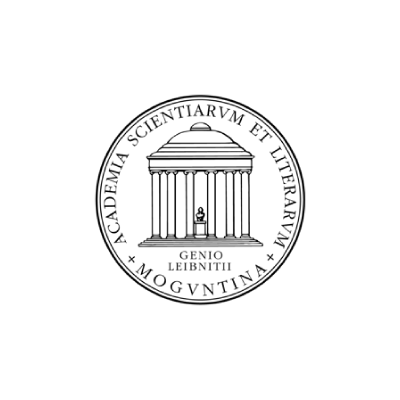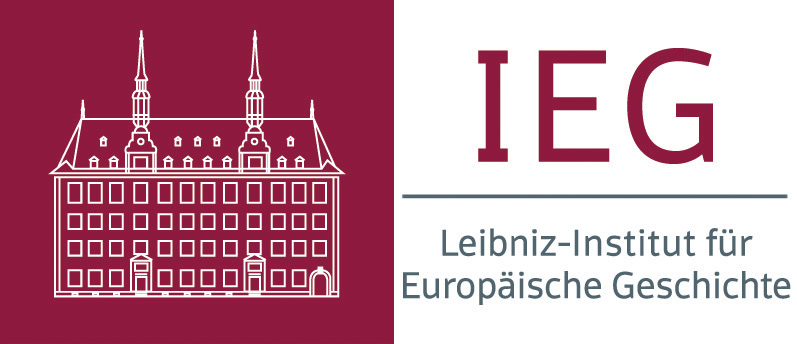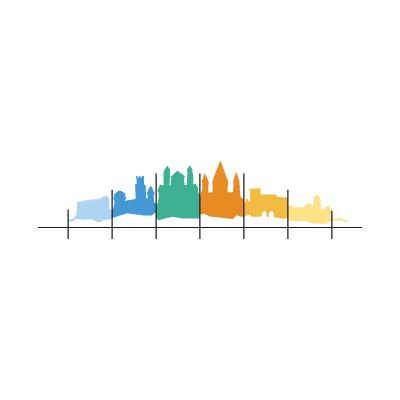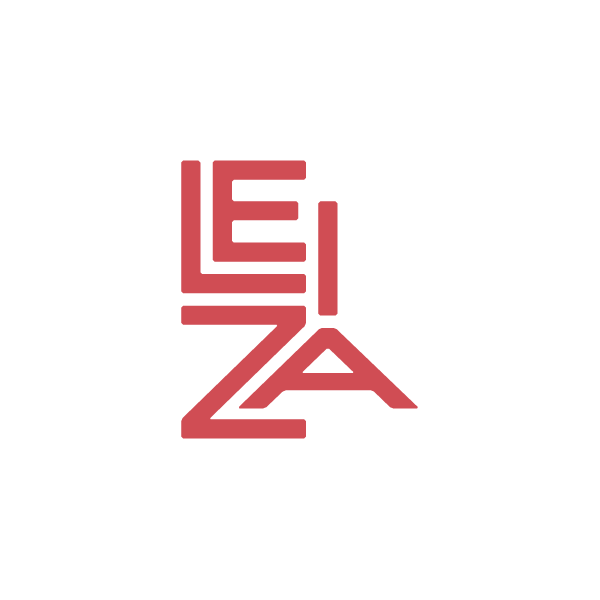in the Humanities
and Cultural Studies
The Mainz Centre for Digitality in the Humanities and Cultural Studies, mainzed, is an open network pooling digital expertise at the scientific location Mainz.
mainzed is actively working in research, teaching and the transfer of knowledge. In doing so, it connects the regional network of competence to current research in the field of digital humanities. Each year, information on the activities of mainzed are provided within the annual report on 31 July 2015-2016, 2016-2017,2017-2018 You can find information, presentations and white papers of mainzed here
Key areas
We conduct research on the key questions of the humanities and on the cultural heritage from a digital perspective.
We develop study programmes for students and advanced training opportunities in digital methods primarily aimed at postgraduates and young researchers.
We support researchers in using digital methods for their research.
Network
mainzed offers a network of scientific exchange with regard to the development of projects and research foci for scientists of all qualification levels. The network is formed by organising and realising public events together. mainzed membership is only available to institutions. The network is open to everyone at one of the partner institutions. If you wish to make your affiliation publicly visible - including on this website - you can do so with a few entries on WikiData. The instructions can be found here. Information on our own events and projects are published via Mastodon in German. Alternatively, you can subscribe to the RSS-Feed or the Newsletter.
Members
linked open data, prosopography, Egyptology
(Johannes Gutenberg University Mainz)
National Research Data Infrastructure, research data management, NFDI4Objects, digital humanities, computational archaeology, linked data, archaeology
(Leibniz-Zentrum für Archäologie)
data visualization, digital humanities, geographic information system
(Leibniz-Zentrum für Archäologie)
Digital map workshop Old Empire (DigiKAR), Middle Ages
(Leibniz Institute of European History)
explainable AI, geographic information system, machine learning, computer science
(Mainz University of Applied Sciences)
digital infrastructure, research data management, DevOps, digital humanities
(Academy of Sciences and Literature Mainz)
data visualization, data mapping, data cleansing, digital humanities, historic preservation, art history
(Mainz University of Applied Sciences, Academy of Sciences and Literature Mainz)
sentiment analysis, digital humanities, literary studies, reading, book
(Johannes Gutenberg University Mainz)
digital humanities, psycholinguistics, Tuareg
(Academy of Sciences and Literature Mainz)
History of Wine, early modern period, digital humanities, data modeling
(Johannes Gutenberg University Mainz)
digital art history, research data infrastructure, digital humanities, art history
(Leibniz Institute of European History)
Geospatial semantics, GeoSPARQL, digital humanities, linked data, standardization, geographic information system, computational linguistics, machine learning
(Mainz University of Applied Sciences)
Associated Members
cultural history, data literacy, general studies, reasoning, philosophy, ethics
(University of Kaiserslautern)
Wikimedian, research data management, data literacy, digital humanities, history of science, media history, philosopher, history of technology
(Technical University of Darmstadt)
digital humanities, digital archaeology, computational archaeology, 3D computer graphics software, computer science, machine learning
(University of Halle-Wittenberg)
Masters Program
A specific Masters Program is a prerequisite for a long-term establishment of digitality in the humanities and cultural studies in Mainz. To accomplish this, mainzed took the leading role in designing and accrediting a new study program called »Digital methodology in the humanities and cultural studies«, which will be jointly offered by two universities in Mainz. For more information, please visit the corresponding pages for Johannes Gutenberg University Mainz and University of Applied Sciences Mainz.
Partners
mainzed is a collaboration of six partners in research and teaching. With our forces joint, we aim at evolving our competences in the area of digital methods in the humanities. Besides a research infrastructure, our spectrum spans digital methods in the area of spatial humanities, natural language processing, linguistics, digital edition, music, multimedia and web technologies for a semantic web.
Executive Board
Spatial Information and
Surveying Technology
Hochschule Mainz
University of Applied Sciences
Department of Book Studies
Johannes Gutenberg University Mainz
Head of Executive Office
Scientific Advisory Board
Vice president for Studies and Teaching
Johannes Gutenberg-University Mainz
Director (Executive),
Department of Universal History
Leibniz-Institute of European History






